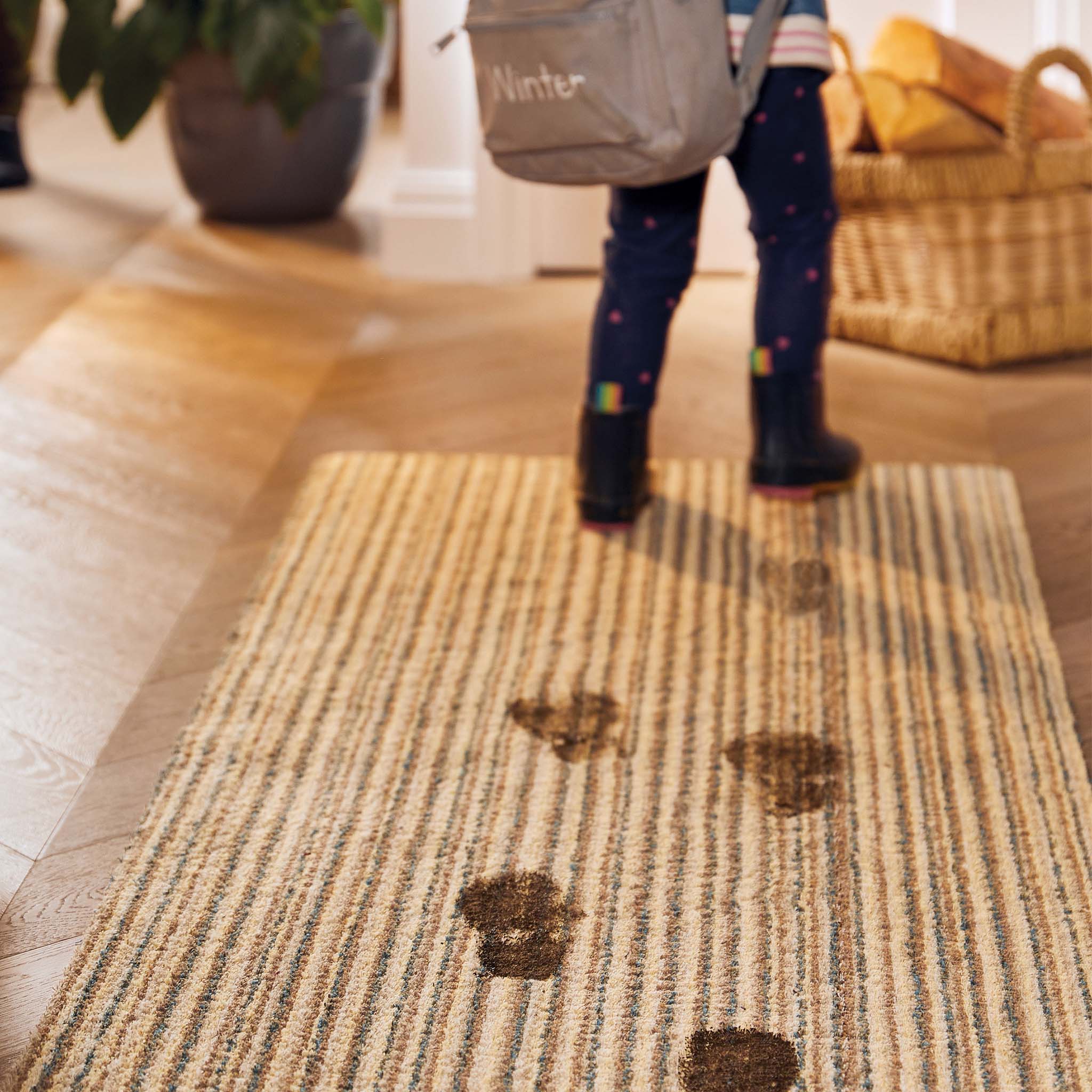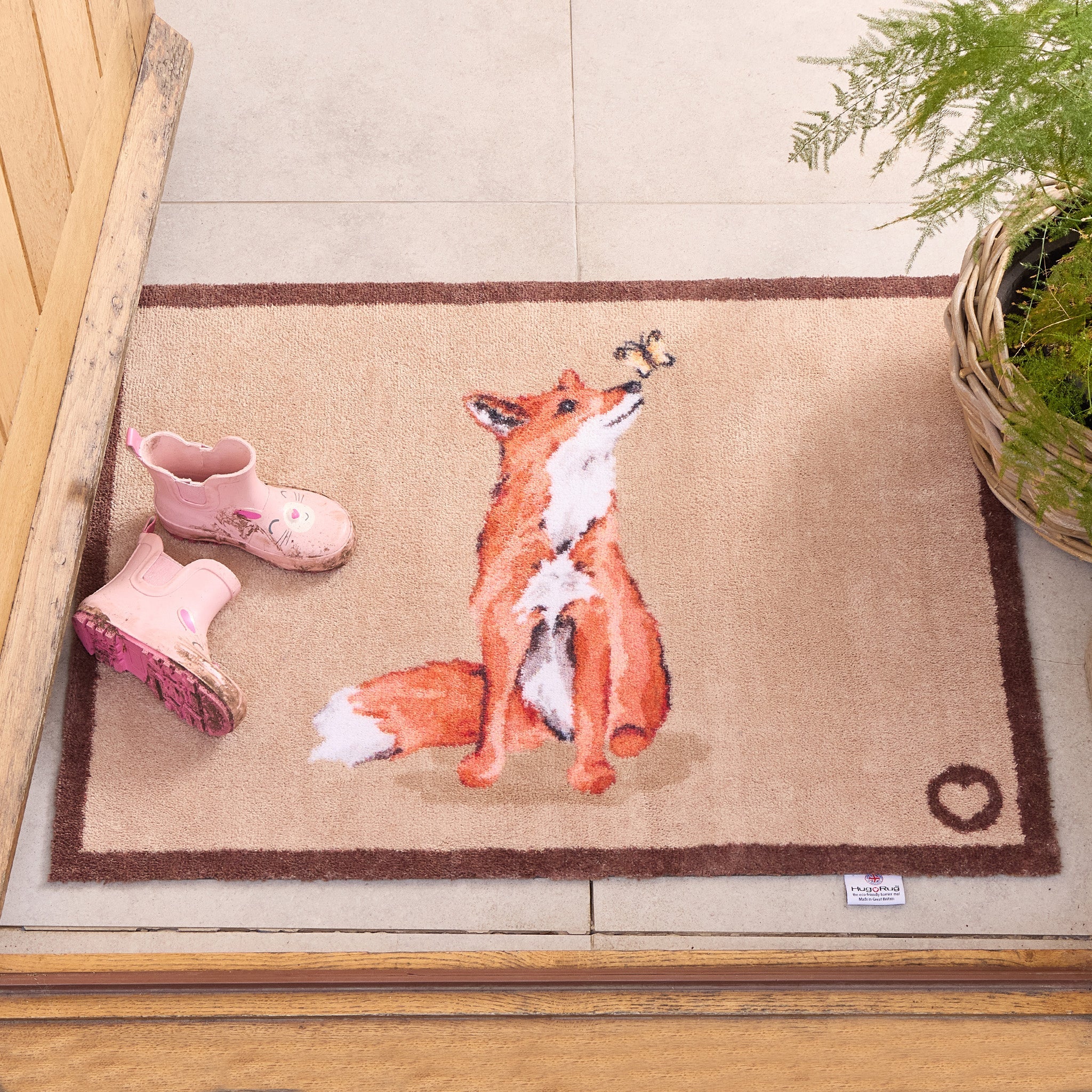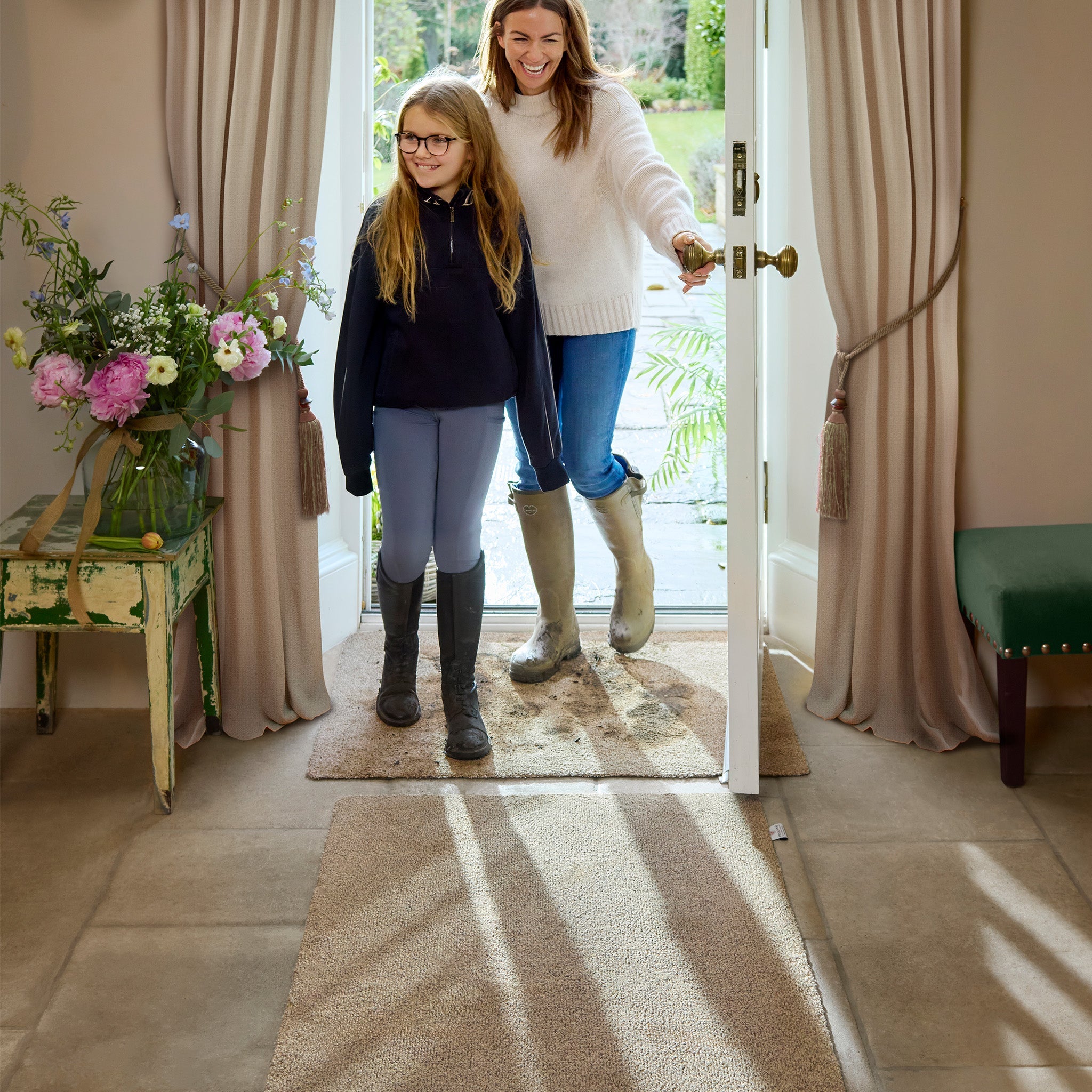Helping the bees, birds & turtles
Busy Lizzie @
Sustainability is at the heart of everything we do - from the manufacturing process, to the products we make. Take a look over at our Environmental page to see all the ways we use recycled materials.
We also try do our bit by giving back to charities. We work with four amazing charities - Bumblebee Conversation Trust, RSPB, Ocean Conservation Trust and Plastic Oceans. And I want to show you how easy it is to help our amazing wildlife too!
The bee population is sadly declining, but what can you do to help just from your garden?
If you see a bee struggling you can feed it sugar water, but there’s a few things to remember before you make it your first port of call -
- Bumblebees like to rest, this can be as long as 45 mins so don’t try help until you’re sure it’s not just enjoying the sun!
- Try move the bee to a bee-friendly flower first, this will give it all the nutrients it needs and is much tastier to bees than sugary water
- If you do feed the bee sugary water then use white sugar and water as a 50:50 ratio, avoid brown sugar as this is harder for bees to digest (and goes much better in an apple crumble!)

Bumblebee’s live their lovely lives from March to October. And during these months they need plenty of nutrients and pollen. Make sure you plant bee-friendly plants for Spring, Summer and Autumn, you can find a long list of flowers, trees and herbs here that bees love and will keep coming back to your garden for!
Weeds are certainly not the prettiest thing in the garden but try avoid pesticides, these can harm bees and other wildlife living in your garden, and even pets - I know I wouldn’t want to hurt Bob and Nelly trying to get rid of weeds. Instead try white vinegar, table salt, and washing up liquid mixed together and sprayed onto the weeds!
Donate and get a bee saver kit, this also makes a lovely little present!
Some of you may be thinking, why do we need to help the birds there's loads of them?! But the truth is that we're seeing a decline in population, some species more than others, with 67 species now on the RSPB red list (high alert). Here are a few ways that we can help birds from home.
There’s plenty of things you can feed birds in your garden, but don’t forget that some things that are delicious and great for humans can harm birds. See below a list of things to avoid -
- Salted or dry roasted peanuts (save these to have with your G&T later in the day).
Birds love crushed nuts but peanuts can be high in aflatoxin (this is natural) which can kill birds. - Dried petfood.
Meaty tinned pet food can be a great substitute for earthworms but dried pet food can be a choking hazard. - Milk.
Grated cheese can attract some birds and be digested easily by them, however milk can give them an upset tummy, and may even kill them.
RSBP have got a lovely long list of foods that are good and bad for birds.

Just like us birds need clean water to drink and bathe in, especially during really cold and really hot months, when natural supplies of water are frozen or dried up. The birds in your garden will be very grateful for a regular supply of clean water! Learn how to make a bird bath here.
There are seven different species of sea turtle, and sadly nearly all species are classified as endangered or critically endangered.
When doing your weekly shop make sure you choose responsibly sourced seafood. Sea turtles, along with other ocean wildlife, can get caught in commercial fishing and get discarded as ‘unwanted catch’.

You don't really need a straw in your drink, but if you are going to use one make sure to use a recyclable paper straw instead of plastic! We don't want any more sea turtles to have plastic straws stuck up their noses.
Going on holiday? Choose your suncream carefully - some suncream contains chemicals that can harm coral reefs and pollute turtle habitat. Try avoid suncream that contains oxybenzone. Find the best eco-friendly sunscreens here.
Adopt a sea turtle, WWF are always looking for people to adopt or sponsor endangered animals.
Busy Lizzie x





